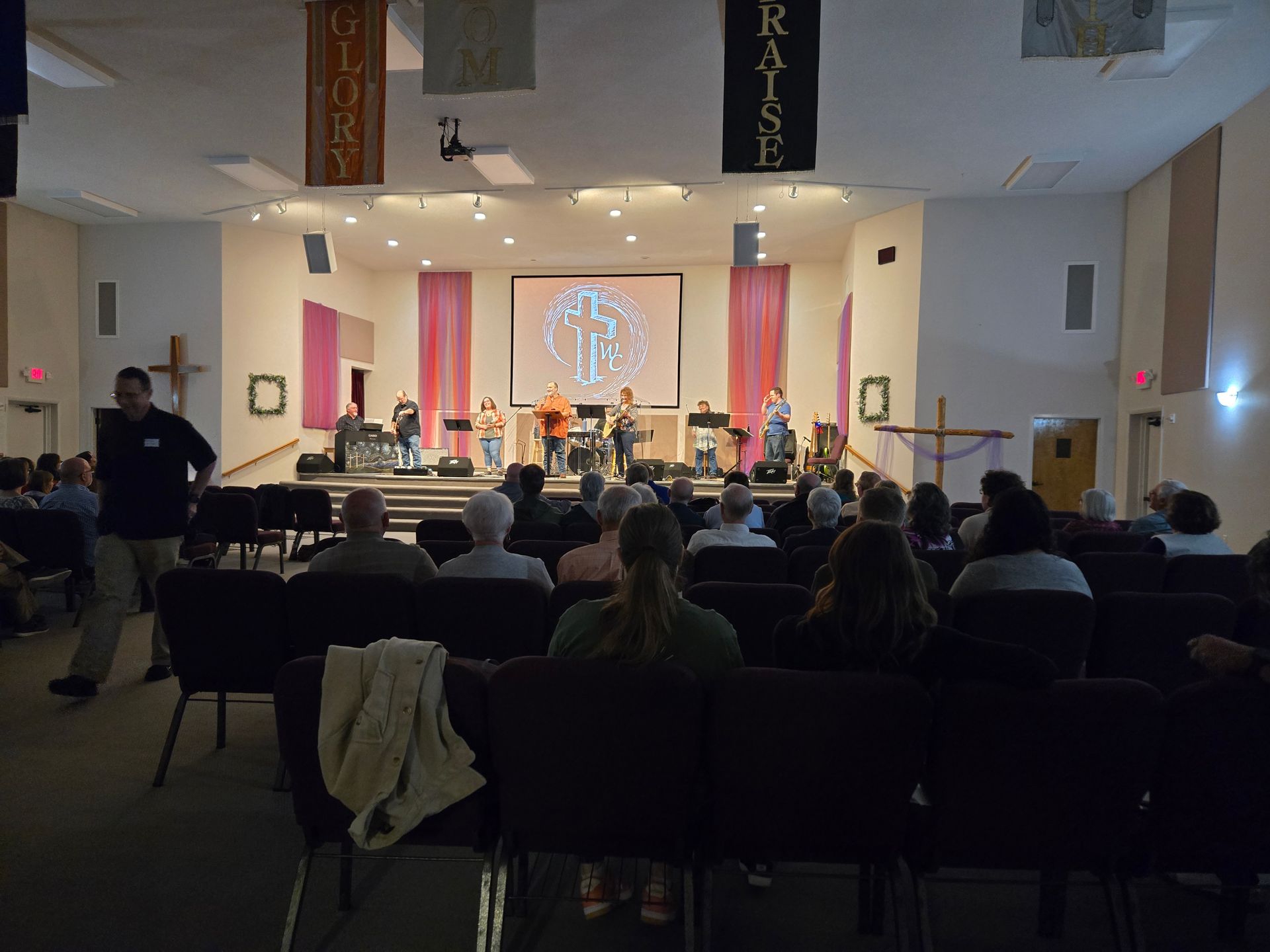Efficiency vs. Sufficiency
A few weeks ago, I found myself with a group of church and non-profit leaders from our area at a local gathering spot. We have taken to meeting together to chat and sharpen each other in the way we communicate.
We found ourselves in discussion around the question of discipleship and learning. More specifically, if we are to believe the stats culture serves up on how "effective" sermons are, what are the implications for those of us who communicate (read: preach, teach or speak) for a living? If a 15-40 minute sermon is not all that effective at moving people toward action or behavioral change, then why do we do it? Better yet, why are we called to it? Or, even more difficult, are we called to it? What is the most effective way to create change in those we lead?
That's a discussion worth having – and we did. But that's not even my point right now. That's another day's post!
Through the course of that discussion, one of my dear friends said, "If our only measure of effectiveness is efficiency – that is, the quickest, least resistant path to our goal – then we will frequently be disappointed with our faith journey. We serve a wildly inefficient God."
Sit with that for a second.
Do you believe that?
I almost felt as if he had insulted God. Surely, Almighty God is far more capable, efficient and able than I could dream of being. The same God that stills the wind and water, the same God that splits the sea, the God that delivers manna from Heaven above (and just how much is needed, at that), you're telling me you find Him to be inefficient?
And yet, my friend's point is founded. How often do we see God take His people on not the most efficient path, but rather the path that gives them exactly what they need? Sure, sometimes that is the path by which the crow flies.
But sometimes it's 40 years wandering around the desert.
Sometimes it's 70 years in a foreign land.
I drove home chewing on this, not mainly through the lens of preaching and speaking (though it does have implications there, too), but more through my lens as a father.
Carlos Whittaker recently posted on social media about this same dialectic in ministry. He's an author and speaker and often travels for engagements. As a father of three kids, he's made it a point to include them in his travel as they've gotten older.
Is it efficient parenting?
Not even remotely.
Is it sufficient parenting?
Overwhelmingly.
There are many moments where I, as a parent, choose the most efficient path towards behavioral change or correction. Often, that means merely speaking my expectation, spiced with just right sternness for the moment.
It usually works.
For the moment.
The thing I have found that gives the most lasting impact on my discipleship relationships, whether it be my kids or those I've discipled, is time. It's my words in action, before them. It's a listening ear. It's a tangible placement of value on their presence because they are with me.
Taking my young children with me on the run to the store, or including them in a project is rarely the most efficient way of getting it done. But it speaks value to their life and their presence with me, and it gives me a thousand teachable moments.
Including my interns in my work processes, rather than giving them the assignments I don't desire speaks value to their presence. Including them at the table models for them the type of leader I hope they'll become.
It's hardly efficient.
But it's overwhelmingly sufficient.
Our ministry will not be measured by its efficiency. Our ministry, our life, our faith will be measured by its sufficiency.
And in that, we can take heart in the words of Paul to the church at Corinth: "he said to me, “My grace is sufficient for you, for my power is made perfect in weakness.”
Perhaps we could read Paul's words this way: “My grace is sufficient for you, for my power is made perfect in your inefficiency.”










